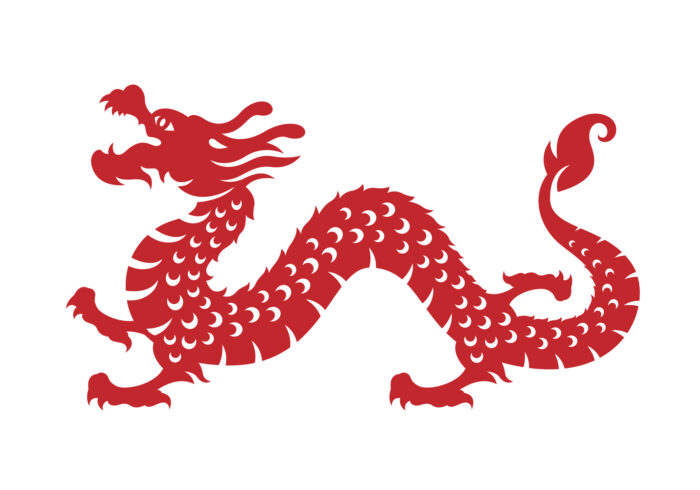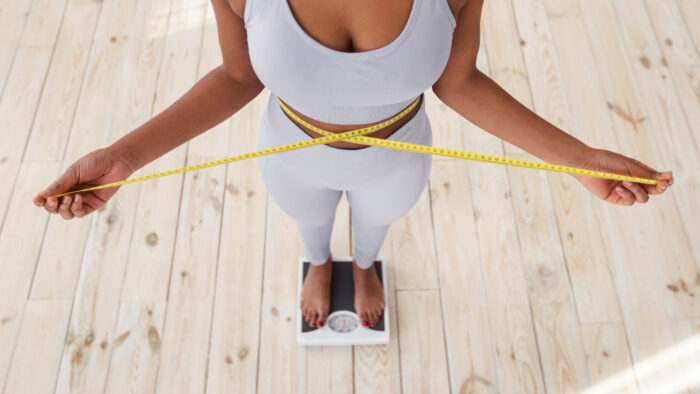
What are seasonal acupuncture treatments?
Seasonal acupuncture treatments are treatments tailored to support people during the change of seasons when the energy in our environment is shifting. Our bodies experience shifts just like the outdoor landscapes transform with the changing seasons. For example, we often feel more energetic in the springtime as flowers are blooming outside. In the winter, there is a tendency to want to stay indoors more and be still.
Some people consider a seasonal acupuncture treatment to be a “tune up”, just like when we take our cars in for maintenance tune ups. I love it when patients arrive and announce, “I’m here for my tune up!”. Changing seasons can exacerbate any energetic imbalances we may be experiencing. Seasonal treatments help our bodies adjust to the changes and potential challenges that each season brings. They help promote wellbeing and prevent illness that often accompanies the changing seasons.
Seasons, solstices, and equinoxes
It can be helpful to understand the difference between seasons, solstices, and equinoxes. The dates shared in this blog are specific to the Northern Hemisphere. Meteorologists divide each of the seasons into three months, and according to National Geographic, meteorologists identify the start of the meteorological seasons as follows: spring on March 1st, summer on June 1st, fall on September 1st, and winter on December 1st.
Additionally, the National Weather Service outlines the dates for solstices and equinoxes. A solstice occurs twice a year and designates the day with either the most or least amount of daylight in a single day. The summer solstice, when there is the most daylight, occurs between June 20th-22nd. The winter solstice, when there is the least daylight, occurs between December 21st-22nd. The summer solstice marks the start of summer, and the winter solstice marks the start of winter.
According to dictionary.com, an equinox occurs when the amount of daylight and nighttime hours is equal. The vernal equinox occurs between March 21st-22nd. The autumnal equinox occurs between September 22nd-23rd. The vernal equinox marks the start of spring, and the autumnal equinox marks the start of fall.
When is a good time to schedule a seasonal acupuncture treatment?
While any time during a particular season can be beneficial, many patients see the most benefit as the seasons start to shift and at the beginning of a new season. That is often when people might start to feel off or out of balance. Sometimes, our bodies can struggle to adapt to climactic changes, which can result in depleted energy and make us more susceptible to illness. Some patients schedule regular appointments at the start of each season, where others wait until the equinox or solstice when they notice a greater shift.
Benefits of seasonal acupuncture treatments
While technology continues to evolve and allow us to do many things that our ancestors could not do, it can also result in people being disconnected from the rhythms of nature. Air conditioning can keep us cool in the summer, and electric lights can allow us to work during the dark nights of winter. Even so, our bodies do still respond to nature and the seasonal shifts that occur. Being in harmony with our environment has a positive effect on our health and wellbeing.
Regular treatments contribute to long-term health and wellness. Additionally, regular treatments often inspire additional positive lifestyle changes that enhance vitality and wellness. This might include eating seasonal foods, engaging in physical activity that is aligned with the season, and even practicing stress and mindfulness techniques. You can read more about the benefits of regular acupuncture treatments as an investment in long-term health in my blog The value of regular acupuncture treatments.
Want to talk about how acupuncture and Chinese medicine can help you? If so, I’d love to hear from you. Reach out and email me through our website or call or text 910-622-4269.
About the Author
Ericca Burke is the owner of HAVEN Acupuncture & Chinese Medicine where she provides acupuncture and Chinese medicine treatments in Wilmington, NC. Click this link to read more about Ericca.
About HAVEN Acupuncture & Chinese Medicine in Wilmington, NC
HAVEN Acupuncture & Chinese Medicine is an acupuncture and Chinese medicine practice located in Wilmington, NC just minutes from beautiful Wrightsville Beach. Click this link for contact information and directions. Click this link for a listing and description of services offered.



